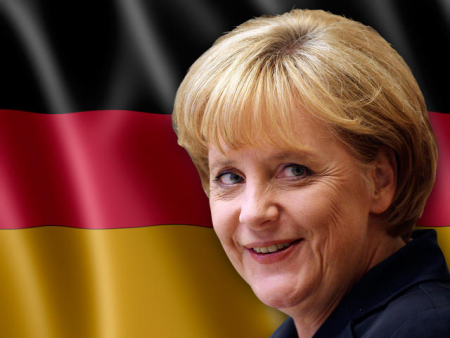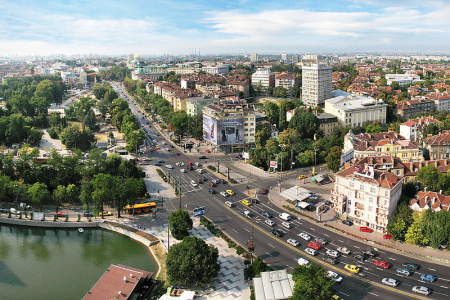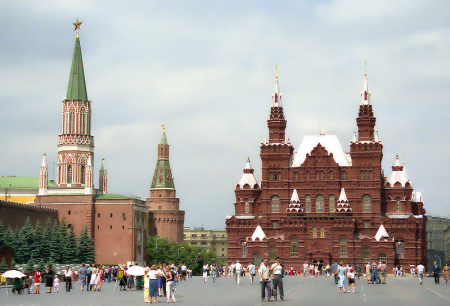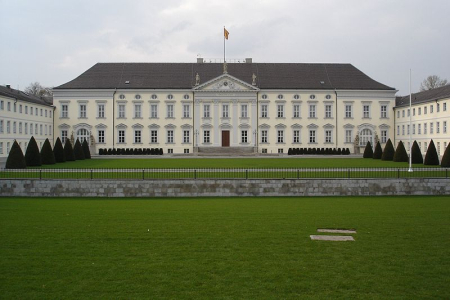
The mainstream media continues to focus on the financial crisis gripping the euro zone.
Each day, it seems, the moves of prime ministers and finance ministers from Greece to Germany are watched with increasing scrutiny.
This is not without justification, since potential events such as a Greek default or Italian banking failure could bring down the euro zone and spur a return to global recession.
This begs the obvious question: what does the future hold for euro zone states like Germany, Greece and Italy if the currency bloc does indeed one day meet its fate?
...

It remains to be seen whether that day comes next month, next year or at some point in the next decade.
But there is little dispute that no matter what happens with the euro zone in the future, its very structure is currently undergoing significant change - something that was highlighted by German Chancellor Angela Merkel's repeated call on Tuesday for a rapid change to euro zone treaties.
But, while the "what next" question arises frequently when discussing the future of the euro zone, a question that is asked with far less frequency - yet is perhaps no less important - is what will happen to the part of Europe that does not belong to the euro zone.
...

This part of Europe - especially Central and Eastern Europe - does not often make it to the front-page, yet what happens there is just as important for the continent as what happens in Western Europe.
Lying in a geopolitical fault zone between Germany to the west and Russia to the east, this region is familiar with painful structural changes and recurring challenges to (and loss of) economic and political sovereignty.
Countries in this region, from Poland to Bulgaria and from Latvia to Ukraine, have seen their currencies change as often as their borders, as they have been subjected to the designs of larger and more powerful states.
...

In the past century alone, these states have experienced domination by the Russians, Germans or the Ottomans - in some cases, all of the above.
These are the European states that have the most vivid and most recently-shaped sense of history.
They understand that trans-European institutions are not guaranteed to be permanent, and that the euro zone and the European Union are not immortal and do not spell the end of history.
This is something that most Central and Eastern Europeans - whether they admit it or not - are aware of.
...

And this refers back to the question: what lies ahead for this part of Europe? Whatever that future may be, Europe is changing and so are the views and expectations of the states caught between Germany and Russia.
On one side, these states see the potential cracking of the current European structure and the associated risks.
On the other side, they see a revitalised and resurgent Russia apparently intent on recreating its own Cold War-era structure, a condition that for East and Central European countries also bears substantial risks.
One possible outcome of these trends is the regionalisation of Europe. Already, there is talk of the euro zone splitting into tiers - a core North and a peripheral South.
...

Similar splits could also materialise in Central and Eastern Europe, and to a certain extent have already begun.
Regional groups like the Visegrad Four, the Nordic-Baltic grouping and Russia's planned Eurasian Union - all in their nascent stages at the moment - could prove to become more formidable forces for these countries to split up into in the future.
In the eyes of the states in Central and Eastern Europe, committing to any one of these groupings is also risky and far from ideal.
But geopolitics teaches to plan for anticipated realities and not the ideal - a lesson these countries have learned many times before.
The article has been reprinted with permission from www.stratfor.com